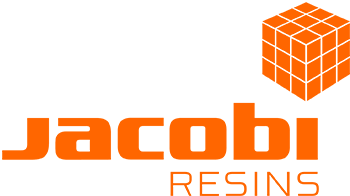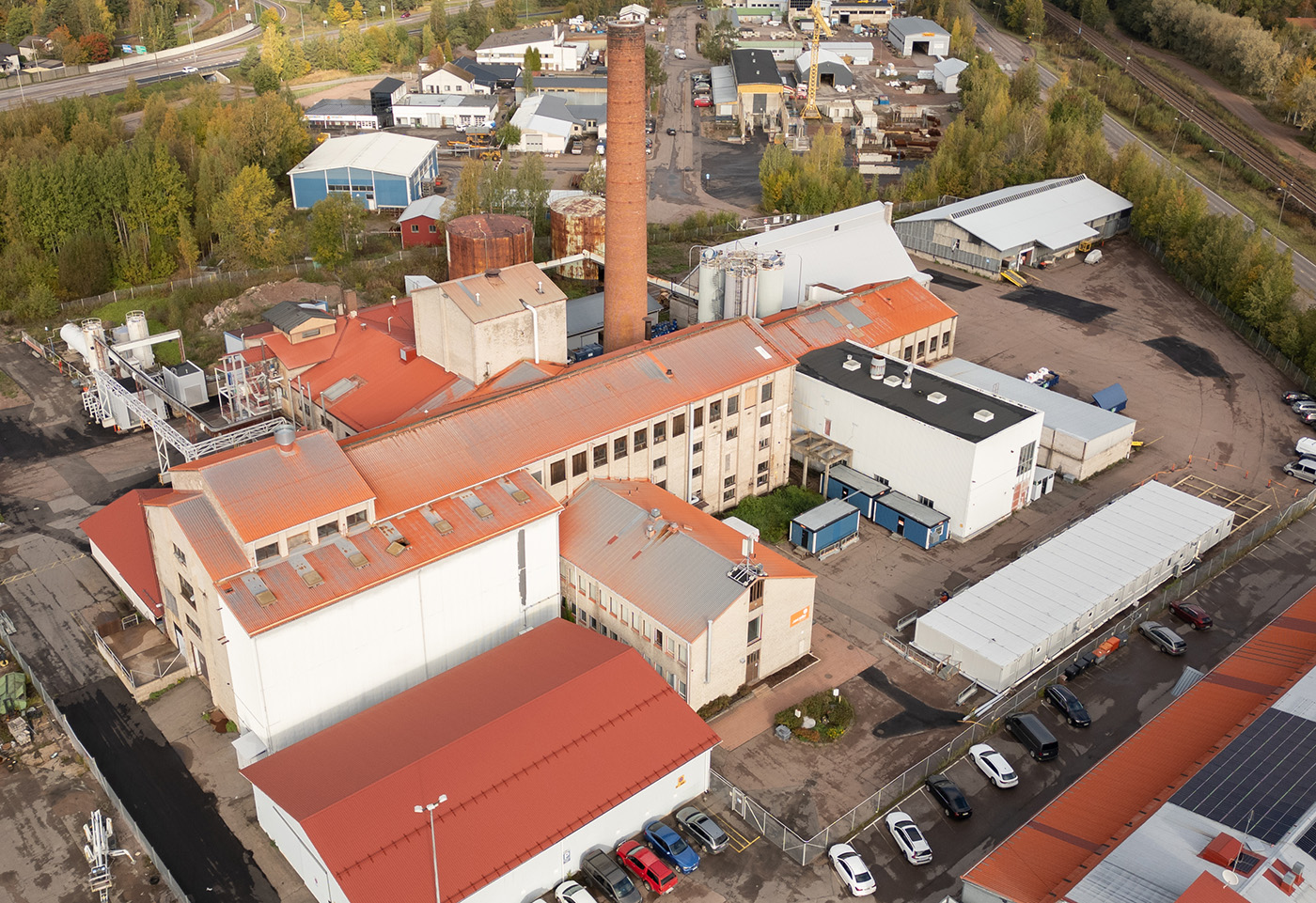Back in 2020, Jacobi Group announced the acquisition of Finnish resins producer, Finex. We have now spent almost four years integrating Finex into our Jacobi Resins business, analysing the functionality of the plant, and making improvements to processes. In this article, we explore the changes we’ve made alongside their impact today and in the future.
Who are Finex?
Finex specialise in ion exchange technology and are based in Kotka on the southeastern coast of Finland. Historically, Finex focused on chromatographic resins, an effective method for separation, and Finex’s customers were mainly in the food and beverage industries, with a particular emphasis on sweetener manufacturers. At the time of acquisition, the company was a niche producer, creating tailor-made solutions for each customer’s individual problem. Today, their portfolio also covers resins for the pharmaceutical industry, point of use resins, powder resins for the nuclear power industry, high purity mixed bed resins, and resins for catalysis.
Joining Jacobi Group
Towards the end of 2020, the company was bought by Jacobi Group in an exciting move that held promise for both companies. This was a fantastic opportunity for Jacobi to expand its product offering and solidify its value proposition in the market. The Finex plant offered a physical means to do this, and its personnel, with many decades of experience between them, provided a wealth of knowledge. The potential for growth here was and still is huge.
Making Changes to Production Methods

Though the plant was functioning, changes needed to be made to improve its economic viability. The production of chromatographic resins is a succession of several steps and before any alterations could be made, each process needed to be analysed in turn. At some points, this involved encountering a problem at one stage, tackling it and essentially pushing the obstacle along the line until it was finally eliminated at the very end.
Action was taken to debottleneck the production line and production improved vastly, both in terms of yield and throughput. We have taken huge steps forward in this sense, improving yield four-fold. Having said this, this is a not finite process and we aim to continually make improvements.
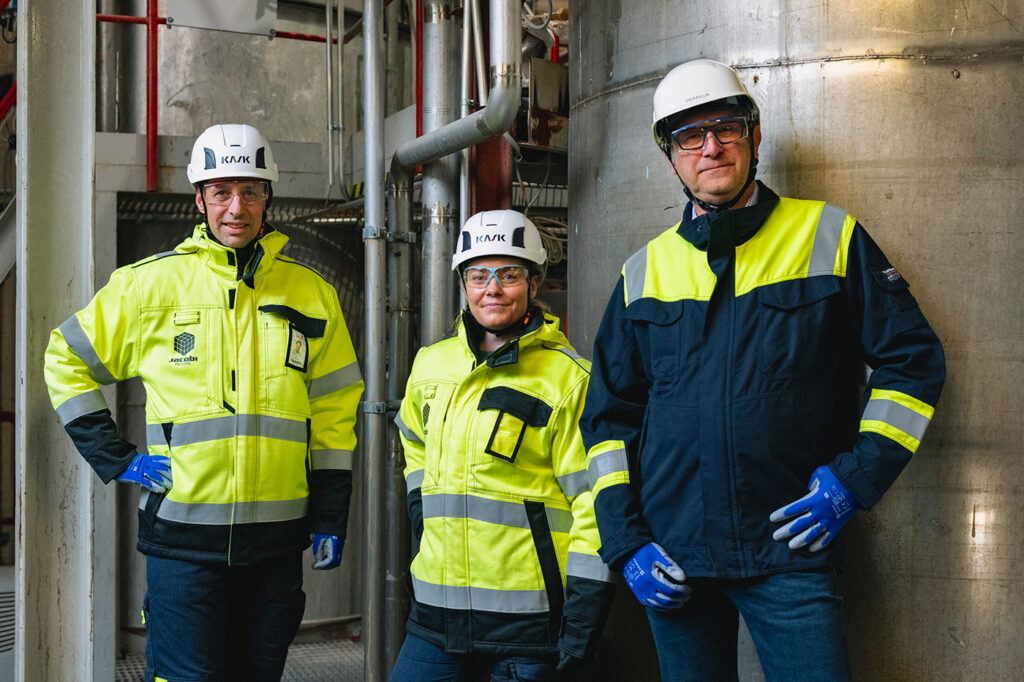
Pictured: Magnus Fagerstedt, Heli Luoranen, Andreas Kreindl
“Our increase in production so far I think is really remarkable considering that we haven’t invested millions in terms of improving it,” said Magnus Fagerstedt, Director of Jacobi Resins Kotka. “It’s just about doing things more efficiently, having people trained and having a better understanding of how the overall process works.”
By understanding the process steps better and by studying the process duration, we were able to reduce the cycle time. Previously the plant would produce one batch in 24 hours, and with our tweaks, we can now do the same in the space of six or seven hours.
“Sometimes productivity is improved through yield and sometimes through throughput,” said Areski Rezkallah, Director of International Projects & Business Development. “We have worked in both directions, looked at multiple dimensions and analysed all the process steps, and have improved both whilst reinforcing the quality of the product.”
We have looked at production planning too. Often, during production, settings within the factory need to be changed. By producing each order in turn, personnel would frequently have to go back and forth in terms of making changes to these settings and this can take time. If batches that require the same or very similar settings are manufactured closer together then valuable time is saved.
Lead Time Improvements
All of these production improvements translate to shorter lead times for customers. We can now offer products with a lead time of two to three months for standard products, which is a vast improvement on the six to twelve months that was required before. The latter is not uncommon across the industry, putting Jacobi in a superior position.

Streamlining our Product Offering
Moving away from production methods slightly, the product offering has been finely tuned too. Previously, Finex was a niche producer, manufacturing only very specialised products. So specialised, in fact, that each was created according to the customer’s specifications. Today, we have broadened this product range, and now include more frequently required, standard products used by 80% of the industry.
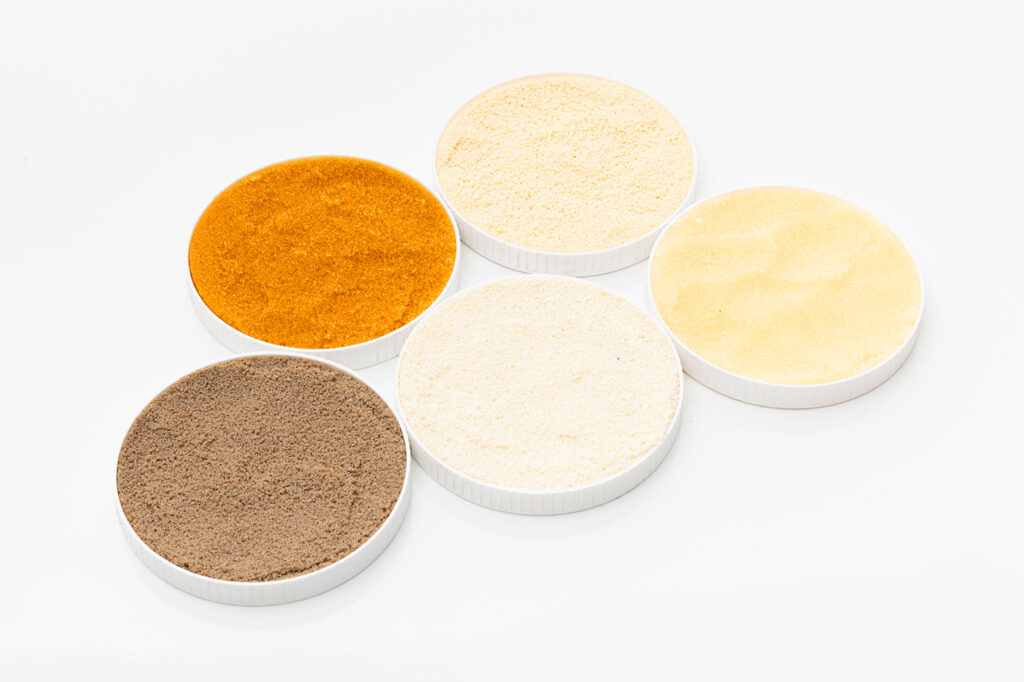
Being able to offer these more standard products opens up a new customer base. Previously, many large-scale customers had not considered coming to Finex with their resin requirements, believing they could produce only very specialist, bespoke product. Today, this is not the case, and this move further solidifies our potential to transition from being a niche producer towards becoming a big player in this market.

“Finex chromatographic resins have given our customers the long-awaited performance boost, without the need for additional hardware. With our long historical expertise in chromatographic processes, we will provide our customers with quality resins that serve their needs,” Says Jyrki Airaksinen, Commercial Manager at Jacobi Resins Kotka.
Offering the standard and frequently used products means we can appeal to a broader spectrum of customers, however, of course, fine tuning and accommodation to customers’ needs and requirements can be made, in order to ensure our solutions are effective and efficient.
Improving on Safety
At Jacobi, we take our people’s safety seriously, and this was another aspect we were keen to work on. For us, making investments to improve on safety within our plants is unquestionable. In this instance we hired safety specialists and made investments in the conditions of the factory too.
“In terms of safety we have made a tremendous transformation,” said Areski. “I remember day one when I observed and reviewed the site, and the difference is like night and day to me.”
What We Can Offer Now
Today we continue to offer specialist chromatographic resins to the food and beverage market, however, now we can do so to a wider range of producers and offering the far shorter lead times mentioned above.
The expansion of our sales personnel means that technical expertise and support is far more easily accessible than prior to the Jacobi takeover. Our experts are based in Europe meaning they are in closer proximity to customers physically too. One of the most important aspects of this expansion in the sales force is language and local knowledge. Now, our experts are far more likely to speak the customer’s local language, making communication run much more smoothly. We offer customers as much technical support as is required.
There is also a huge sustainability-centred benefit here too. With production in Europe rather than Asia, we can offer a product with a lower carbon footprint as the resins are travelling a far shorter distance. We have sustainability goals here at Jacobi and our customers do too. This decrease in shipping distances helps both us and our customers to move closer to our environmental aims.
Solvent-Free Production
One of the most notable advantages of our products, besides efficacy, is that our production is entirely free of chlorinated solvents. Such solvents are commonly used in the manufacture of resins, to open up the beads following polymerisation and prior to functionalisation, to allow the unique molecule that provides the ion exchange properties to attach. This is far easier to do using a chlorinated solvent, however, their toxic effects are widely known. For several years now, Finex has removed them from production, which makes the entire process far more environmentally considerate and is incredibly important when producing resins for use within the food or pharmaceutical industries.
“There is no risk of finding traces of solvent in our resin,” says Fabrice Chaud, Global Product Manager at Jacobi Resins.
A Specialist Producer and Dedicated Facilities
As a mid-size, specialist company, dedicated to the production of resins for chromatographic separation, we can offer customers the best of both worlds. Within the company there is a great deal of knowledge and experience that is used daily to ensure the correct outcomes for our customers and offer the best support for them too. Alongside this, our core product is the said resins, and so customers are assured that their product and their requirements are a priority for us. This, in turn, leads to shorter delivery times and more flexibility than larger producers often provide.
Activated Carbon
Another very significant change is that we can now offer customers not just the resins, but also activated carbon products that may be needed. We also offer a vast range of testing and however much or little technical support is required by the customer through our services arm. These elements come together to offer customers a simple and quick solution to their problems. It eliminates the need to deal with multiple companies and the admin and coordination that can so often slow down such processes. Put simply, we can offer a convenient, quick, and easy solution.
A Look to the Future
At Jacobi we are incredibly proud of what has been achieved here at Finex so far, but we are an ambitious company, striving to grow. In the near future, we will continue to build on the solid foundation we have laid here and grow further in the global food and beverage market.
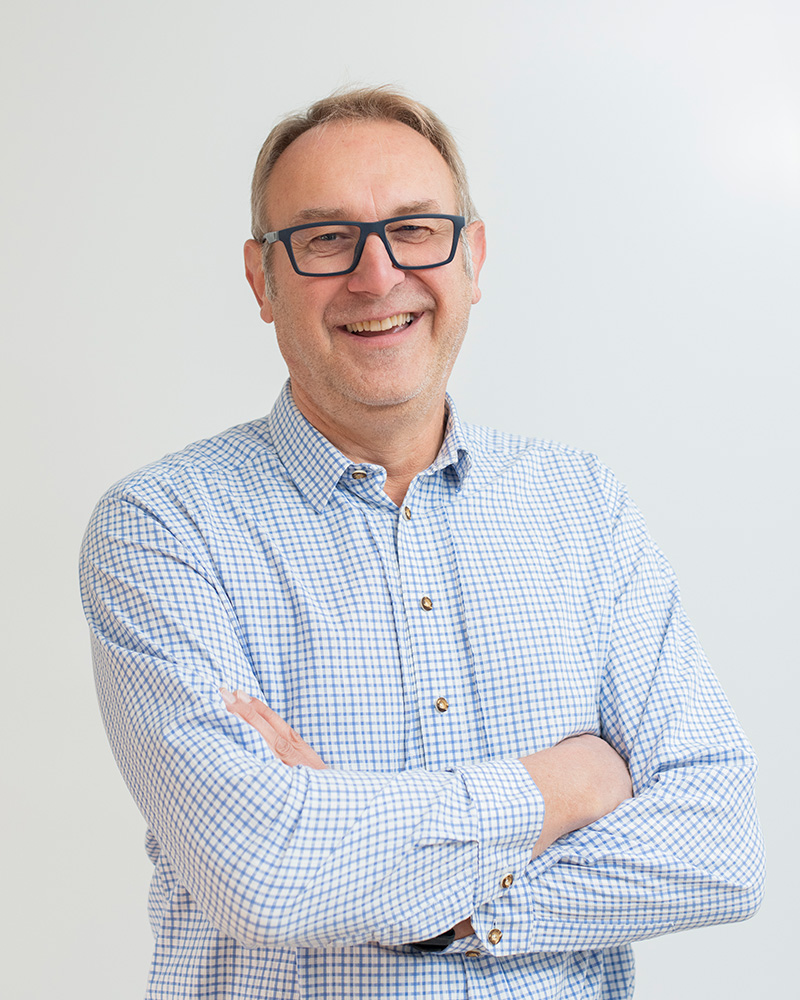
“Our long-term vision, as Jacobi Resins, is to become a market leader in the food industry and to explore new markets with new products and applications,” said Andreas Kreindl, Global Commercial Director of Jacobi Resins. “Always focusing on our customers and their industry needs and never losing sight of our mission of sustainability of our products and manufacturing processes.”
For more information on Jacobi Resins and our products, please contact us and our team will be on hand to assist.
